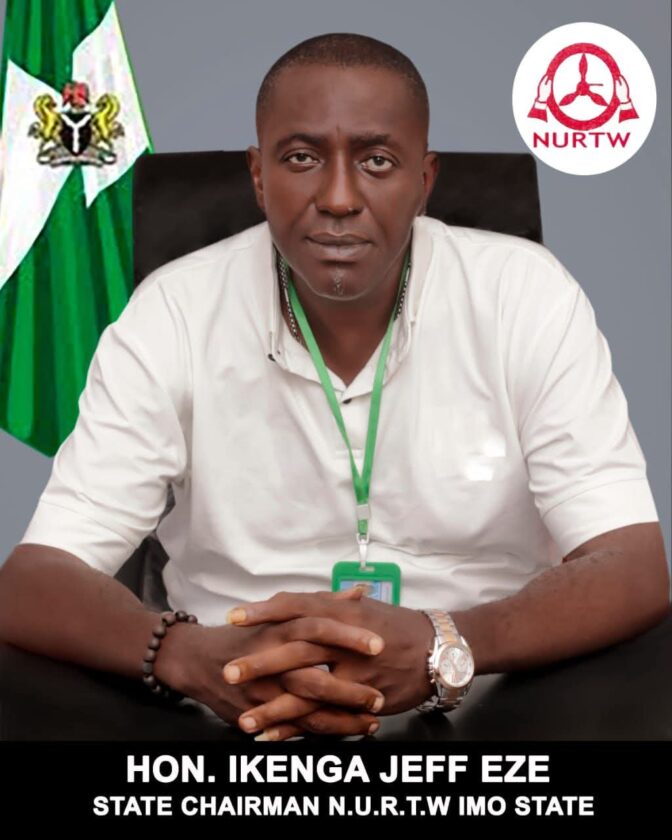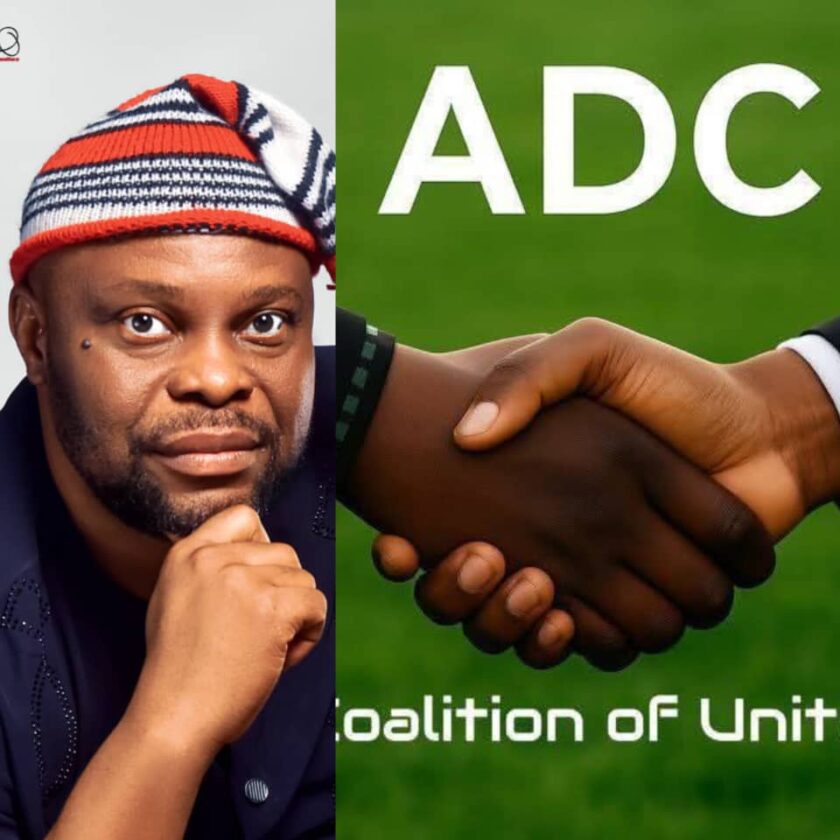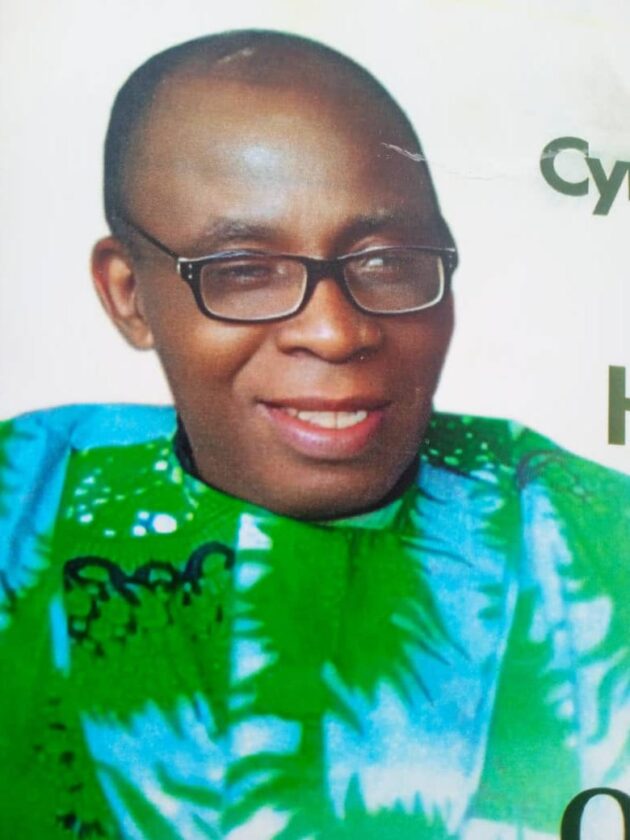Cites Judicial Code, Warns Against “Casualisation of Judges”
Former Chairman of the National Human Rights Commission (NHRC), Prof. Chidi Anselm Odinkalu, has issued a scathing critique of the Nigerian judiciary, accusing a senior Supreme Court Justice of undermining judicial impartiality by appearing in Benin City on June 12, 2025—just two days after the Edo State governorship election petition appeal was filed at the apex court.
In a series of strongly worded posts on X (formerly Twitter), Odinkalu cited the Judicial Code of Conduct and warned that “appearance of bias” is as constitutionally dangerous as actual impropriety. His statements, made between June 13 and 14, were accompanied by a purported video clip showing Justice Inyang Okoro at the Protea Hotel in Benin, allegedly in the company of the Edo State Attorney-General.
“No one has said or suggested that the judge in question went to Benin to collect a bribe,” Odinkalu clarified. “The fact that those who say this think it is a defence shows how serious our crisis of judicial integrity is.”
Referencing Section 36(1) of the 1999 Constitution and Rules 1.2 to 1.5 of the NJC’s Code of Conduct, Odinkalu reiterated that judges must avoid actual and perceived impropriety, uphold public confidence, and steer clear of associations that may suggest favoritism.
“The constitutional standard is appearance of bias, not active bribery,” he emphasized.
Odinkalu, a prominent legal scholar and human rights advocate, expressed dismay at arguments suggesting that judges are entitled to unrestrained social lives. He described such positions as “willfully illiterate” and “tone-deaf to judicial integrity.”
“Being a judge is a very serious privilege and call to service… It comes with obligations,” he wrote. “A person who prizes their social networks above judicial office has a choice: they can resign from the bench in order to fully access the right ‘to enjoy.’ That would be both honest and lawful.”
He further accused sections of the judiciary and legal elite of enabling “judicial impunity” by normalizing behaviors that erode public trust, stressing that if the National Judicial Council (NJC) fails to enforce consequences, it falls to citizens to demand accountability.
“The judiciary is too important to be ignored, and the Supreme Court is a shrine in whose sanctity every citizen must have an interest,” Odinkalu said. “Citizens must help and remind them.”
According to Odinkalu, since releasing the footage, he has received calls from political and judicial insiders defending the Justice’s presence in Benin—some arguing it was innocent or unavoidable. He rejected these arguments outright, asserting that the issue is not criminality, but the optics and timing, which risk contaminating the perception of impartial adjudication.
In drawing attention to historical failings of the judiciary, including past incidents such as the controversial promotion of Justice Alloysius Katsina-Alu despite allegations of misconduct, Odinkalu warned that the Nigerian judiciary is approaching a “critical legitimacy crisis.”
Referencing the late Justice Chukwudifu Oputa, he reminded the public that the judiciary must remain a “sacred institution,” saying:
“We cannot behave as if our judiciary can be transformed by the force of impunity or wilful ignorance. On this, I hope, we can achieve critical consensus.”




